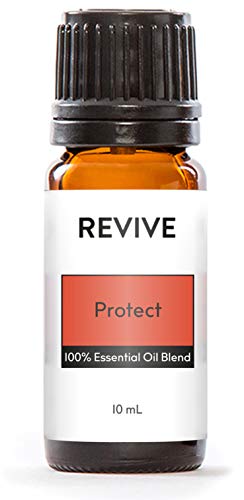Aromatherapy: Benefits, Uses and Everything You Need to Know
Are you looking for a natural way to reduce stress or improve your sleep? Aromatherapy, based on essential oils, is a technique that improves physical and mental health. Find out here what it is, how it works and the benefits it can offer for your well-being.
What is aromatherapy?
Aromatherapy is a therapeutic discipline that uses essential oils to promote physical and emotional health. These oils are extracted from plants, flowers, trees and herbs, preserving the chemical and aromatic properties that provide specific benefits. But how is aromatherapy applied? It can be done through inhalation, topical application or use in relaxing baths, depending on the objective.
What is aromatherapy used for?
This method is mainly used to improve mood, relieve symptoms of stress and anxiety, treat insomnia and muscle pain, and enhance the feeling of well-being. It has also become increasingly popular in medical contexts, where it is combined with traditional treatments.
History and origin of aromatherapy
Since ancient times, civilizations such as the Egyptians and Greeks have used natural essences for medicinal and spiritual purposes. Although the term “aromatherapy” was popularized in the 20th century by French chemist René-Maurice Gattefossé, its use in rituals and treatments dates back thousands of years.
Today, aromatherapy is a bridge between traditional knowledge and modern advances in the use of essential oils for stress and relaxation, consolidating itself as a recognized practice in the world of complementary medicine.
How does aromatherapy work on the body and mind?
How aromatherapy works can be explained from two perspectives:
- Impact on the limbic system: Aromas have the ability to stimulate areas of the brain related to emotions and memory, which explains their effectiveness in relaxation and stress reduction.
- Chemical Properties of Essential Oils:Each oil has specific compounds that influence the body, such as the calming effect of linalool in lavender or the revitalizing properties of eucalyptus.
Additionally, recent studies support its ability to improve sleep, relieve pain and boost mood.
Most used essential oils and their benefits
Essential oils for stress and relaxation
- Lavender:
Ideal for combating insomnia and relaxing the mind, this oil is one of the main allies for aromatherapy for sleep.
- Bergamot: Known for its antidepressant properties, it helps calm the nerves and promote a feeling of well-being.
- Ylang-Ylang: Perfect for those looking for essential oils for deep relaxation and emotional balance.
Aromatherapy essential essences
- Mint: Energizing and revitalizing, useful in cases of fatigue.
- Chamomile: Perfect for reducing irritability and promoting restful sleep.
The use of essential oils not only improves the quality of life, but also adapts to various specific needs, such as relieving muscle tension or improving concentration.
Benefits of aromatherapy
One of the highlights is the comprehensive benefits it provides:
- Reducing stress and anxiety: Using oils such as lavender or incense, you can achieve a state of calm.
- Improved Sleep: Aromatherapy for sleep is one of the main reasons for its popularity, especially in people with chronic insomnia.
- Pain relief: Used in massages, it is effective in treating muscle or headache pain.
- Mental health support: Aromatherapy’s way of working shows that it is a valuable resource for balancing emotions.
Aromatherapy in the medical context
The use of essential oils in complementary care
In hospitals and clinics, essential oils have been integrated as a complement in the management of pain and stress in patients with chronic or terminal illnesses. Studies indicate that aromatherapy can improve the quality of life in palliative treatments.
Additionally, scientific research continues to explore its role in relieving symptoms of cancer and autoimmune diseases.
Is aromatherapy safe? Precautions and contraindications
Although essential oils are natural, it is essential to use them safely. Some recommendations include:
- Consult a professional before using them on children, pregnant women or people with allergies.
- Dilute oils in a carrier oil such as coconut or almond oil before applying to skin.
- Avoid taking it without medical supervision, as some substances can be toxic.









